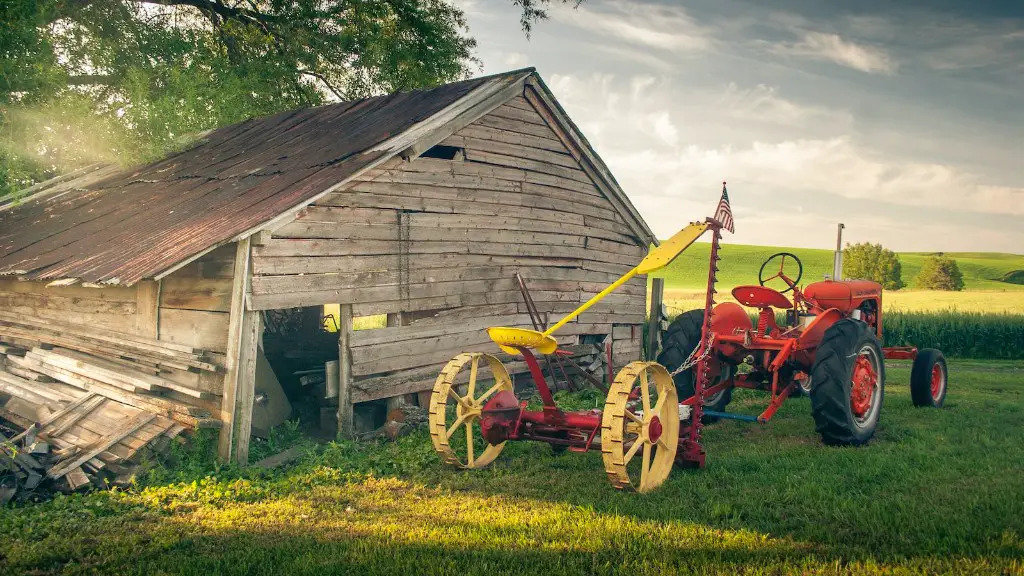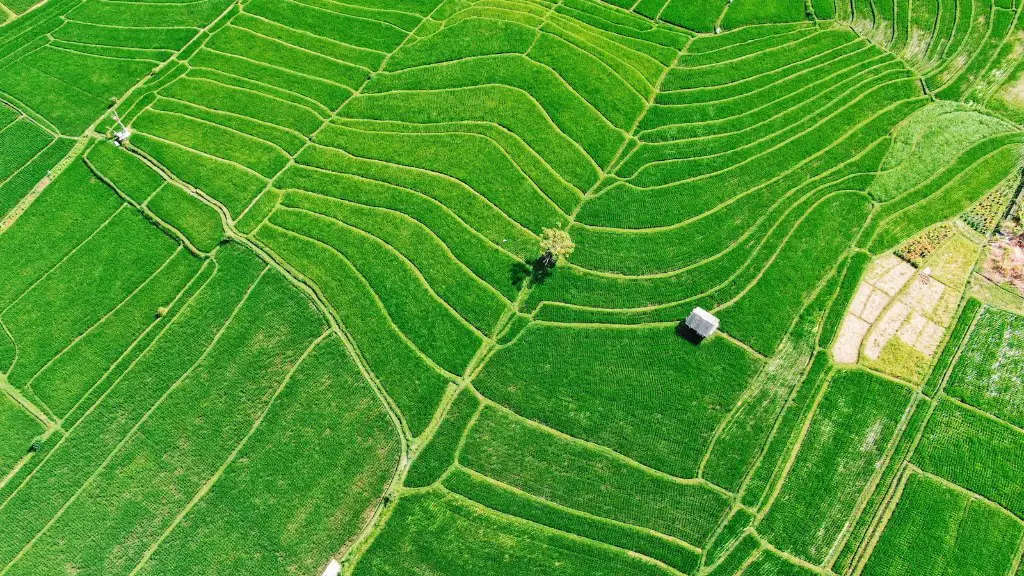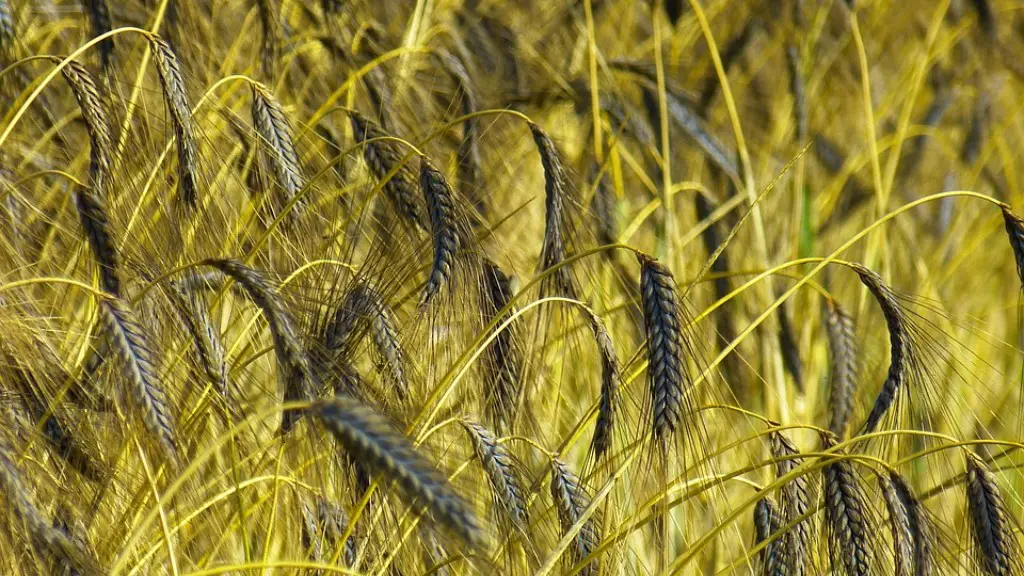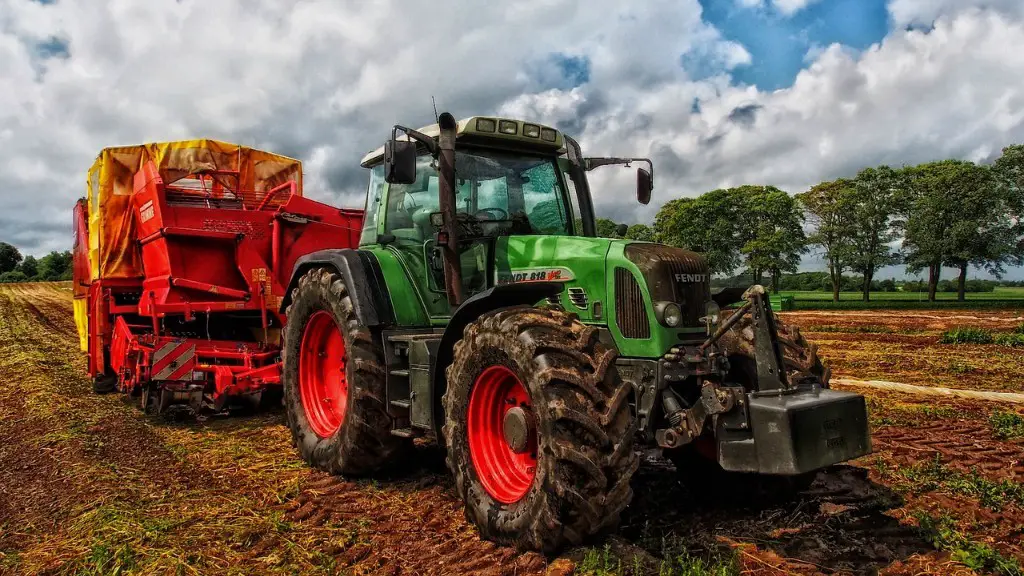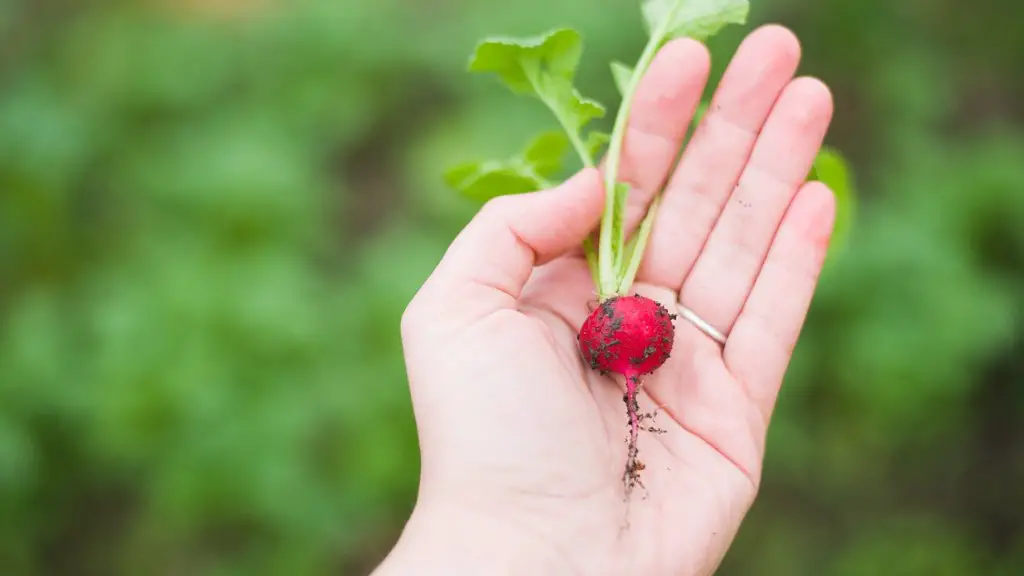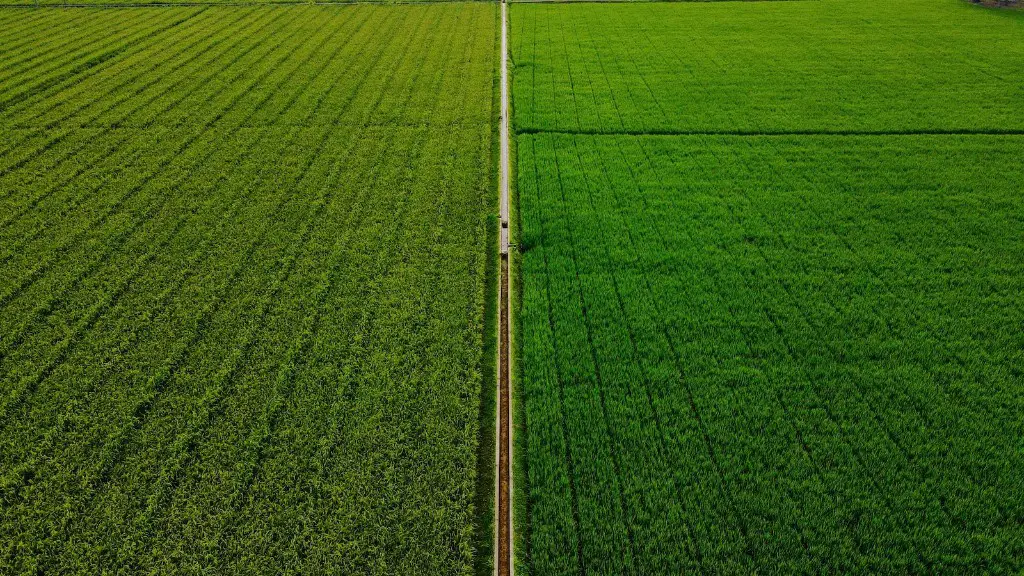Agriculture is a vital industry that provides food, fiber, and other products for our daily living. Though it is a necessary part of our lives, some may wonder if pursuing an agriculture degree is worth it. There are many factors to consider when making this decision, such as the job market, your interests, and the average salary for agricultural jobs. With careful consideration, you can decide if an agriculture degree is the right path for you.
There is no simple answer to this question as it depends on a variety of factors. Some people may find that an agriculture degree is incredibly worthwhile, while others may not feel that it is necessary for their career goals. Ultimately, it is up to the individual to decide whether or not an agriculture degree is worth the investment.
Which degree is best for agriculture?
Agricultural courses are designed to provide students with a broad understanding of the science and business of agriculture. Students will learn about the production of food, fibre and fuel, and the environmental and economic factors that impact on agriculture. The courses are highly interdisciplinary, requiring students to have a good grasp of both natural sciences and social sciences.
The large-scale, conventional farming system is not sustainable in the long run. It contributes to climate change, pollutes air and water, and depletes soil fertility. We need to move towards more sustainable farming practices that are less reliant on fossil fuels, pesticides, antibiotics, and synthetic fertilizers.
What is the highest paying agricultural job
There are many different types of jobs in agriculture, but some of the highest paying jobs include agricultural engineers, agronomists, agricultural food scientists, veterinarians, winemakers, and farm managers. Agricultural sales representatives may also earn a high salary.
There are many top careers in agriculture, from agricultural engineering and economics to farm management and soil science. There are also exciting opportunities in agricultural sales and conservation planning. No matter what your interests and skills are, there is a career in agriculture that is perfect for you.
Is it hard to study agriculture?
No, BSc Agriculture is not a tough course. The course is designed to give students a comprehensive understanding of the subject matter, and it is possible to complete the course without any difficulty.
There is a growing demand for agricultural economists in operational, marketing, and logistics positions. These positions require individuals with specialized knowledge in the handling and logistics of horticultural crops, fruit, vegetables, grain, oilseed crops, and animals.
What is the major problem in agriculture?
There are many ways in which farmers can adapt to the changing climate and still produce the food that consumers need and want. One way is to invest in more efficient irrigation systems that require less water. Another way is to switch to crops that are more resistant to drought or that can be grown in more marginal areas. Farmers can also experiment with new methods of cultivation that help to preserve soil moisture.
In addition to climate change, farmers must also contend with soil erosion and biodiversity loss. Soil erosion can be minimized by using cover crops, crop rotation, and no-till farming methods. Biodiversity loss can be mitigated by diversifying crop plantings and using organic methods of farming.
Ultimately, farmers need to be able to adapt to the ever-changing conditions in order to continue to provide the world with food. By investing in farm productivity and using sustainable methods, farmers can ensure that they will be able to meet the demands of the future.
It is no secret that the agricultural industry is facing some serious challenges. Two of the most major problems are the loss of agricultural land and the decrease in the varieties of crops and livestock produced. These problems are having a major impact on the industry, and it is clear that something needs to be done to address them.
Loss of agricultural land is a huge problem because it means that there is less land available to grow crops and raise livestock. This is a major concern because it can lead to a decrease in production, which can have a ripple effect on the economy. The decrease in the varieties of crops and livestock produced is also a major problem. This is because it can lead to a loss of diversity in the agricultural industry, which can make it more difficult to meet the needs of the market.
These problems are serious and they need to be addressed. It is clear that the agricultural industry is facing some tough challenges, but it is important to remember that the industry is vital to the economy and to the way of life in many parts of the world.
What are 3 benefits of agriculture
Agriculture is critical to the success of any economy. It provides the raw materials that are used to manufacture and produce the products that we rely on in our daily lives. It is also a key player in international trade, as many countries depend on agriculture to export goods and services. Furthermore, agriculture plays a significant role in a nation’s revenue, as it is often one of the biggest industries in a country. Additionally, agriculture provides employment for many people, both in terms of the farmers themselves and the people who work in the agricultural industry. Finally, agriculture is crucial to a country’s development, as it is often one of the biggest sectors of the economy.
Agriculture is a great opportunity to make an income, whether on a large or small scale. There are many career options in agriculture, and as the world evolves, there are now different ways to earn from agriculture without owning a farm or even being physically present on the farm. This is a great option for those who are looking for a career with many different options and the ability to earn a good income.
Is it hard to get a job in agriculture?
The agricultural industry offers a wide variety of career opportunities, from farming and ranching to food production and sales. With so many options available, it can be difficult to know where to start. However, finding a career in agriculture is not difficult. There are many resources available to help you find the right path for your interests and skills. The key is to do your research and explore all of your options. With a little exploration, you can find the perfect career in agriculture for you.
The demand for agriculture as a career is on a rise as an increasing number of students look for entrepreneurship and career opportunities in agriculture and crop science. Students are attracted to the possibility of working in a field that is essential to the global food supply chain and that offers opportunities to make a real difference in the world. With the right training and experience, students can turn their passion for agriculture into a successful career.
Can agriculture Make U Rich
Agriculture can be a very lucrative business for farmers and investors alike. The cash crops, food and fruits produced coupled with poultry and snail farming and fish business can yield good income. Food is a very important commodity which people can never get tired of.
If you’re interested in a career in agriculture, you should know that the best jobs in this field can pay up to $100,000 per year. Agriculture science and engineering careers typically focus on soil, plant life cycles, irrigation, or farm machinery. However, you could also work in this industry as a livestock veterinarian. With a median salary of $88,770, this career choice offers a great potential for a high income.
What is the basic salary in agriculture?
The agricultural sector in South Africa is fairly well-paid, with the average salary sitting at around R583,000 per year. Entry-level positions tend to start at around R300,000 per year, while experienced workers can earn up to R5.38 million per year. Agricultural workers in South Africa thus earn significantly more than the average worker in the country, which currently stands at around R19,600 per year.
Farmers use mathematical skills and science in their day-to-day farm activities. For example, farmers use mathematical skills to estimate the seed amount needed, the cost to plant their crop based on the area of cultivable land they possess, to purchase equipment or tools needed and make payments for various purchases. In addition, farmers use science to understand the best time to sow their crops, how to irrigate their fields and what type of fertilizer is best suited for their needs. Thus, math and science are essential for farmers in order to efficiently run their farms.
How many years does it take to study agriculture
A BSc in agriculture is a three- to four-year undergraduate degree that can be applied to research at a doctoral level. agriculture courses are often closely associated with local industries, and some even maintain a micro-farm on site for students.
Agriculture is an important sector in the world economy. It is estimated that agriculture is up to 4 times more effective in reducing poverty than any other working sector in the world. The world is also now depending on agriculture more than ever before to feed both the rich and the poor. Agriculture is the one economic sector that no country can flourish or even survive without.
Final Words
There is no one definitive answer to this question. Some factors to consider include the cost of the degree, the job market for agricultural positions, and your own personal goals. Doing some research on these topics can help you make a more informed decision.
There is no one-size-fits-all answer to this question, as the value of an agriculture degree will vary depending on the individual’s situation and goals. However, in general, an agriculture degree can provide students with the knowledge and skills necessary to be successful in the field, as well as provide them with job security and a good salary. Therefore, for many people, an agriculture degree is definitely worth it.
